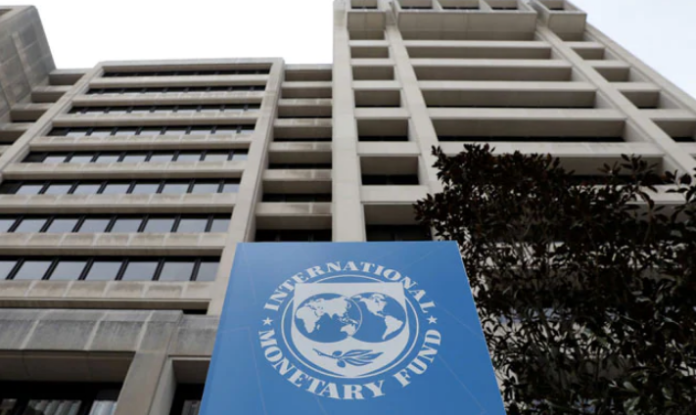Staff Report
ISLAMABAD: Following intense talks regarding inflated electricity bills amid countrywide protests, the International Monetary Fund (IMF) greenlit the relief proposal for consumers using up to 200 units, allowing the authorities to collect electricity bills in installments, sources told said on Thursday.
“The final approval to collect bills in installments will be taken from the federal cabinet,” the sources said, adding that about 4 million electricity consumers are likely to get temporary relief from this initiative.
However, the interim government’s plan to provide relief to those consuming up to 400 units of electricity per month was rejected by the Fund, the sources said, adding 32 million consumers could have benefited had this proposal been approved.
They added that the Washington-based lender had emphasised the need to crack down on electricity and gas thieves and improve recovery.
Moreover, the sources said that the Fund had also demanded an increase of 45 to 50% in gas tariff from July 1. However, the hike in gas tariff is subject to the approval of the federal cabinet.
Following continuous protests by citizens and traders, who have taken to the streets against the exorbitant hikes in power bills and addition of taxes, the caretaker Prime Minister Anwaar-ul-Haq Kakar-led setup in Islamabad has been trying to woo the global lender to agree to provide immediate relief for electricity consumers in the cash-strapped country, where people are already battered by skyrocketing inflation.
It is important to note that the South Asian nation is under an IMF programme and any relief or subsidy is subject to its approval.
Both sides have been engaged in intense talks as people took to the streets to protest the inflated power bills.
Earlier, The caretaker government has ordered measures to conserve energy, including closing all malls and markets at sunset to mitigate the effects of energy crisis. A similar announcement was also made by the previous Shehbaz government regarding the closure of markets by 8pm across the country under the ‘energy conservation plan’.
On June 6, the former federal minister made the announcement while talking to journalists after a meeting of National Economic Council (NEC) chaired by then prime minister Shehbaz Sharif.
“The NEC has approved an energy conservation plan under which shops and commercial centres would be closed by 8pm,” he had announced, noting that energy has become a huge challenge for Pakistan due to global prices.
However, no implementation was made on the measures announced by the previous govt.
Sources privy to the development told ARY News that the implementation of the current energy conservation plan will start from October 1 to February 15.
According to the sources, the administration of the four provinces will implement the decision, while a draft is also being prepared for permanent legislation.
The closure of markets at sunset would save 1500MW of electricity, sources say.
Meanwhile, consultations have also been started with all the chambers federation and business communities to close the markets early.
It is pertinent to mention here that the inflated power bills triggered country-wide protests from Karachi to Khyber and protests in some parts of the country turned violent.
The protesting masses have been demanding that the government should end the provision of free electricity to the notables and provide them relief as the bills they have been receiving are more than their salaries.
The caretaker Pakistan federal government on Wednesday announced plans to launch a crackdown across the country on electricity theft in a bid to reduce the ballooning circular debt in the power sector.
The measures were announced by caretaker Minister for Information and Broadcasting Murtaza Solangi, and Power Minister Energy Muhammad Ali during a press conference.
In a significant development, the International Monetary Fund (IMF) has given the green light to a relief plan of Rs 15 billion which aimed to give financial relief to electricity consumers in Pakistan, it emerged today.
Sources close to the matter revealed that the Federal Board of Revenue (FBR) played a pivotal role in securing this relief from the IMF, adding that the FBR has exceeded expectations by collecting an impressive amount of Rs 20 billion in excess taxes.
The IMF’s decision to grant the relief of Rs15 billion – aimed at relieving the financial burden on electricity consumers – is a testament to the commendable performance of the FBR.




